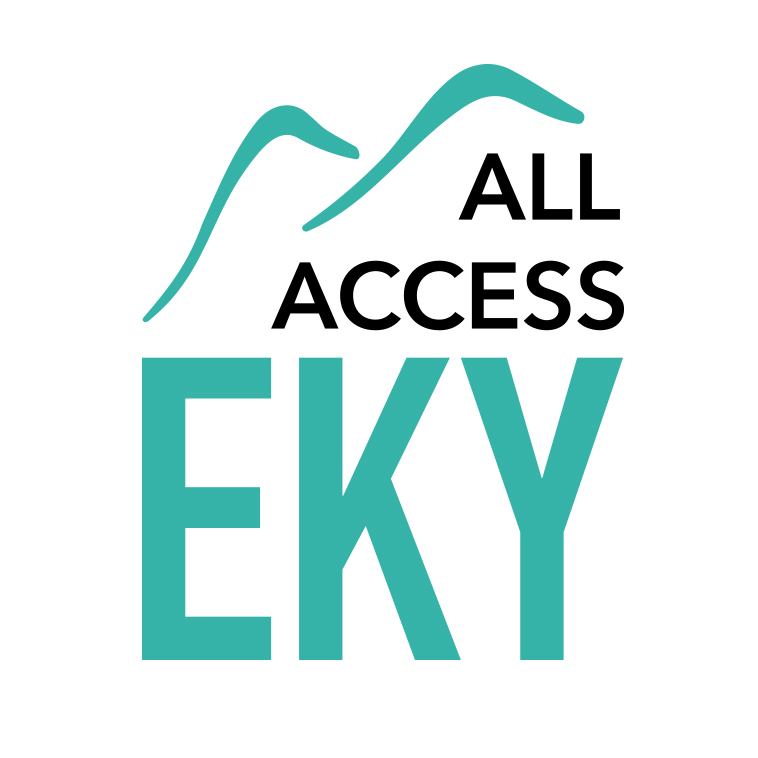By: Kayla Marissa Lowe
Original Blog Post by: Power to Decide
Check out the post here!
It is no secret sex education in schools is a widely controversial topic. The word “sex” causes immediate fear and anxiety among many students. Sex can be scary and uncomfortable to talk about, but it is imperative that we do not forget how important, powerful, and needed it is throughout our youth and for our young people. Students need it now, not later. Sex education should be non-judgmental, medically accurate, and age appropriate. All young people deserve sex education. Not everyone gets an awkward “sex talk” at home. Even if they do, is this information accurate?
As a sexual health educator, I ensure the information I teach my students is credible and evidenced based, and most importantly, takes place in a safe space for students. This is their time to ask questions about themselves, their relationships and their partners that they may have never asked. Sex education encourages young people to make safe and informed decisions about their health.
Quality sexual health education provides students with the knowledge and skills to help them be healthy and avoid human immunodeficiency virus (HIV), sexually transmitted infections (STIs), and unintended pregnancies.
Promoting and implementing school-based sex education programs positively impacts students’ health. Sex education opens up conversations students may have never had before or would’ve never had. It also provides resources for safer options for students. Specifically, I cover abstinence, STI education, HIV education, birth control options & access, decreasing risky behaviors, and overall staying healthy.
The Youth Risk Behavior Surveillance System (YRBSS) monitors six categories of health-related behaviors that contribute to the leading causes of death and disability among youth and adults, including—sexual behaviors related to unintended pregnancy and sexually transmitted diseases, including HIV infection.
In 2019, the YRBSS reported 38.4% of teens had sexual intercourse. Among those who were sexually active, 90.9% did not use both a condom and birth control, 69,1% did not use birth control, 90.6% were never tested for HIV, and 91.4% were not tested for a sexually transmitted disease (STD) other than HIV.
Sex education empowers young people to realize their health and well-being is important and should be taken so. Students often receive confusing and false information surrounding relationships and sex. High-quality sex education not only provides factual information to students, it helps prepare them for a safe, healthy, and fulfilling life. It teaches life skills, values, nondiscrimination, respectful & healthy relationships, consent, and so much more. Parents, guardians, friends, family, administrators, and teachers all have something to contribute to work toward teaching quality sex education in schools. It is what our young people need and deserve. Acknowledging the importance of sex education is crucial to ensure students receive this as part of their required studies. As a sex educator, I hope I empower students to reach above and beyond their full potential to guide them to make informed and safe decisions surrounding their health and personal development.
Kayla Marissa Lowe is a Health Promotion Specialist with the Kentucky River District Health Department. She teaches 7th and 9th grade students across Eastern Kentucky Kayla works alongside the Health Promotion team at KRDHD to protect, maintain and promote the health to the people of the community. She’s passionate about public service and improving the health and well-being of all people throughout her community.
